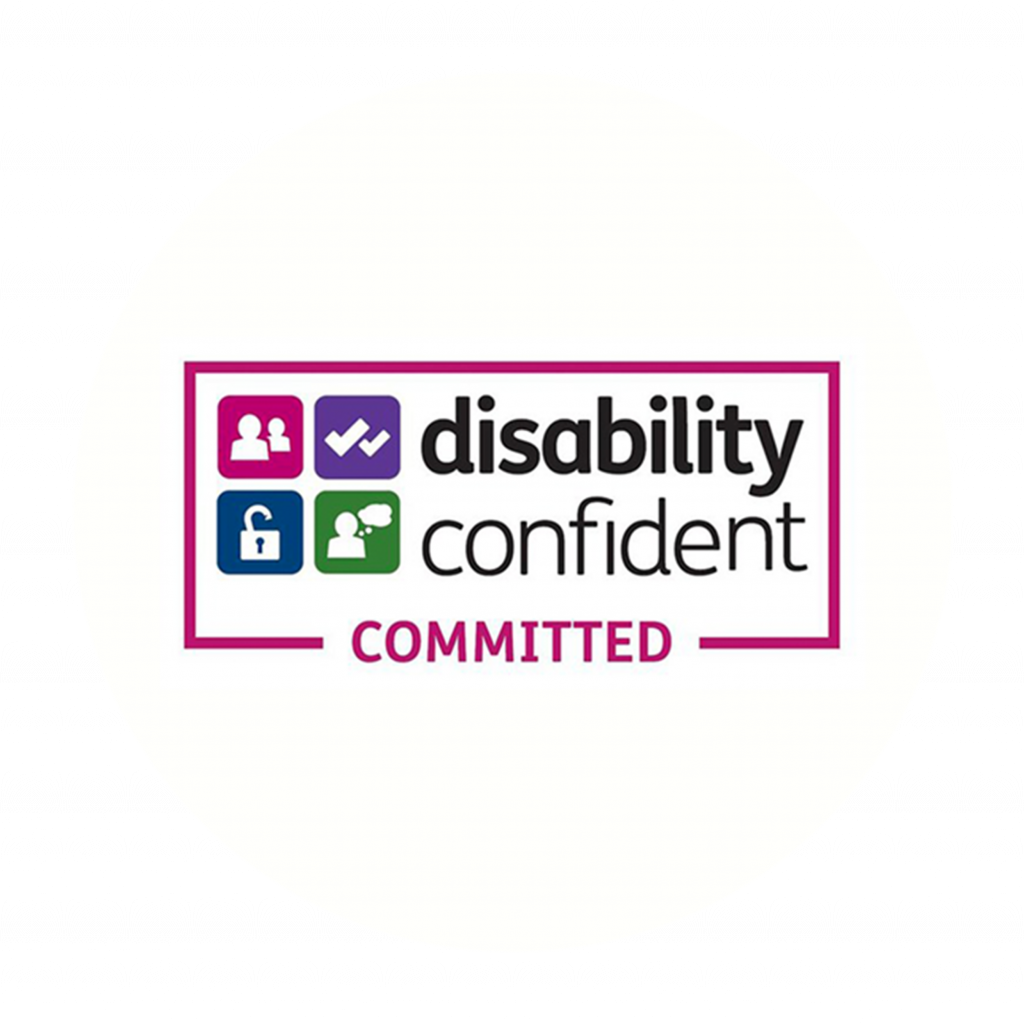Bibliography
Over two decades of scientific research has shown that listening to a personalised playlist can improve the lives of those living with dementia. In fact, listening to music that is personally meaningful has many psychological benefits, meaning anyone can benefit from a playlist. Personalised playlists can:
Reduce anxiety
The results of this initial study suggest that preferred music listening can be a beneficial and accessible intervention for nursing staff to ameliorate the symptoms of anxiety in older adults with dementia in nursing homes.
A preferred music listening intervention to reduce anxiety in older adults with dementia in nursing homes (2010), Journal of Clinical Nursing
Improve your mood
The Roth Project - Music and Memory is a music-based intervention program, implemented by the Alzheimer’s Association of Central and Western Kansas, which provides a non-pharmacological means for addressing neuropsychiatric symptoms in individuals with dementia. Personalised music was observed to improve mood in 78% of cases, with the most frequent benefits being improved overall happiness, decreased anxiety, increased positive emotional expression, and decreased depression. These results provided ongoing support for individualized music-based interventions and demonstrated that such interventions, when implemented by community agencies, can be well received by those who use them.
The Roth Project - Music and Memory: A Community Agency Initiated Individualized Music Intervention for People with Dementia (2019), Kansas Journal of Medicine
Make difficult tasks more manageable
A research study conducted by Brown’s Center for Long-Term Care Quality & Innovation (Q&I). In the METRIcAL trial, researchers are partnering with nursing centers to implement and evaluate the Music & Memory individualized music program. During the first year of the three-year trial, 27 nursing centers from three multi-center corporations were enrolled. Staff at those centers provided personalized music to residents for eight months. They learned that the music is especially helpful for residents who are resistant to Activities of Daily Living, who have agitation, or who have trouble at mealtime.
“Where’s my music?”: What we learned from nursing centers in the Music & Memory personalized music study (2021), Brown School of Public Health Q&I
Evoke memories that can help families and carers connect
A mixed-methods study was conducted with seven dyads consisting of residents (aged 76-92) with diagnoses of dementia and their caregivers (aged 53-84) at a skilled nursing facility in Pennsylvania. Eight music intervention sessions were completed in the presence of the resident and caregiver using personalized playlists created. Caregivers reported feeling less overwhelmed after the intervention. Quantitative analysis of a personalized music intervention for residents/caregivers showed positive trends in increasing personal connection, and qualitative data identified greater appreciation of the relationship and increased bonding.
Effects of a Personalized Music Intervention for Persons with Dementia and their Caregivers (2022), Journal of Alzheimer’s Disease
In addition, we have listed various academic research outcomes to underline the benefits of personally meaningful music for people living with dementia below. Furthermore, you can access this regularly updated bibliography of academic research into music and dementia.
Benefits of personalised playlists
In general, the use of Music and Memory was associated with significant improvements in behavioral symptoms, reduction in psychotropic medications, decreased presence of pain, and fewer falls. M&M is a relatively low-cost, nonpharmacologic intervention that has a significant positive impact on NH residents.
The Impact of Music and Memory on Resident Level Outcomes in California Nursing Homes (2021), The Journal of Post-Acute and Long-Term Care Medicine
The researchers reported structural and functional changes in neural pathways of study participants, notably in the prefrontal cortex, the brain’s control centre where deep cognitive processes occur. The researchers showed that exposing the brains of patients with early-stage cognitive decline to autobiographically salient music activated a distinct neural network – a musical network – composed of diverse brain regions that showed differences in activation after a period of daily music listening.
Long-Known Music Exposure Effects on Brain Imaging and Cognition in Early- Stage Cognitive Decline: A Pilot Study (2020), University of Toronto
The memory bump
The peak of recollection of popular music occurs in the teenage years, regardless of era of birth. Music from this reminiscence bump provides a rich source of retained music that should be tapped when creating playlists of meaningful music for people living with dementia. People living with dementia, who lose short-term memory, may yet retain musical memory from their teenage era – their reminiscence bump. Indeed, ongoing pilot studies indicate that meaningful music can raise mood and help alleviate acute behavioral and psychological manifestations of dementia.
A Focus on the Reminiscence Bump to Personalize Music Playlists for Dementia (2021), Journal of Multidisciplinary Healthcare
The study highlights how music is closely linked to personal identity and life history of an individual, how people at all stages of dementia can access music and how music can help improve social psychology of care home environment. Moreover, it is evident individual preference of music was preserved throughout the process of dementia. Thus, the importance of learning each person's musical history for those involved in dementia care cannot be overestimated. Sustaining musical and interpersonal connectedness particularly when the progress of dementia becomes more prominent would help value who the person is and maintain the person's quality of life.
The importance of music for people with dementia: the perspectives of people with dementia, family carers, staff and music therapists (2014), Ageing and Mental Health
Cost-benefit analysis
A cost-benefit study was done in a hospice in the U.S. For this sample population, the cost-benefit analysis indicates that the expense of the music therapy program is greatly offset by the cost savings seen in other areas of care. At the conclusion of the study, a short survey was given to all the hospice staff with 20 of the 40 staff members responding. All respondents strongly agreed that music therapy is beneficial to patients and that it improved their interactions with patients and their families.
A Cost-Benefit Analysis of Music Therapy in a Home Hospice (2007), Nursing Economics
Personalized music listening using headphones is a safe, inexpensive, and immersive experience that has emotional and historical significance for the listener. Staff investment greatly improves over time as they recognize positive affective and behavioural responses.
Implementation of personalized music listening for assisted living residents with dementia (2018), Geriatric Nursing






